Thyroid Peroxidase (TPO) Ab
(Specimen Container)
SST (Tiger Top)/ Lithium Heparin/ Sodium Heparin/ EDTA
(Transport Temperature)
| Temperature | Period |
|---|---|
| Room temperature | 8 hours |
| Refrigerated | 7 days |
| Frozen | 30 days |
It was first demonstrated by Trotter et al. in 1957 and subsequently by Roitt and Doniach in 1958 that many patients with Hashimoto’s thyroiditis had detectable autoantibodies in their blood directed at a thyroid antigen distinct from thyroglobulin. This antigen was termed thyroid microsomal and it has since been demonstrated that most if not all anti-thyroid microsomal autoantibodies recognize thyroid peroxidase (TPO).
TPO is a membrane-bound glycoprotein enzyme with an approximate mass of 107kD. The in vivo function is the iodination of tyrosine in the synthesis of T3 and T4. Autoimmune reactivity to TPO is believed to be polyclonal and heterogeneous in nature with a minimum of six antigenic determinants being recognized, comprising both conformational and linear epitopes. In addition, the proportion of each immunoglobulin class (G or M) or subclass (G1 – G4) as well as their affinity varies widely from patient to patient. Unlike autoantibodies to thyroglobulin (anti-Tg), autoantibodies to TPO fix complement, are potentially deleterious and may have a pathogenic role in (destructive) autoimmune thyroid disease. Anti-TPO antibodies are found often in conjunction with anti-Tg in the majority of cases of Hashimoto’s thyroiditis, Primary Myxedema, and Graves’ disease. The relationship of autoimmune thyroid disease to pregnancy has been the subject of considerable interest with the recognition of the postpartum thyroid disease syndromes.
Anti-TPO antibodies are demonstrable in most cases of postpartum thyroiditis and it has been found that the presence of autoantibody in early pregnancy was associated with a high risk of asymptomatic postpartum hypothyroidism.
It is common to find anti-TPO antibodies in the absence of autoantibodies to thyroglobulin, particularly in patients with small goitres and up to 64% of cases of autoimmune hypothyroidism have been reported to be associated with anti-TPO antibodies alone. In addition, anti-TPO antibodies are frequently found in patients with other autoimmune diseases such as Rheumatoid Arthritis, Addison’s Disease and Type I Diabetes. They are also detectable at low levels in up to 20% of asymptomatic individuals, particularly the elderly and more often in women than in men, although the clinical significance of these autoantibodies is unclear.
<6 IU/mL

